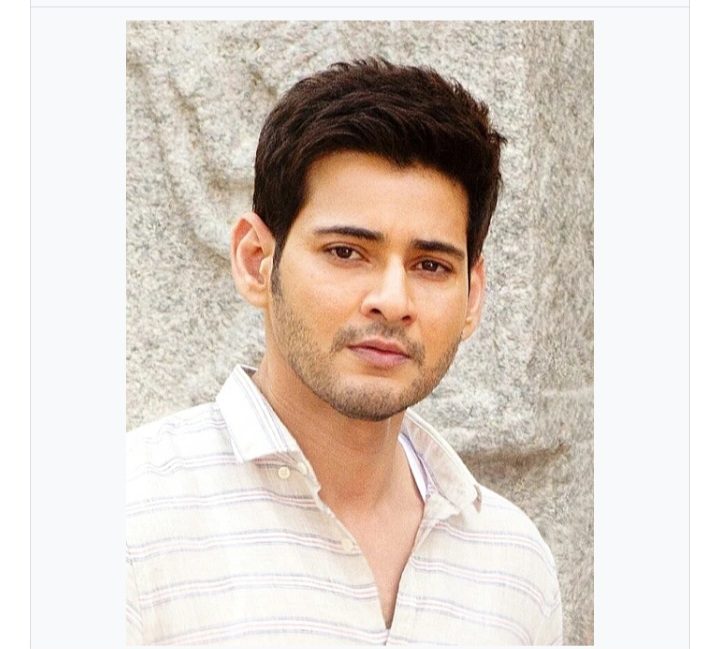A heated Twitter (now X) debate between Dr. Cyriac Abby Philips (LiverDoc), a prominent hepatologist, and Vidit Gujrathi, Indian chess Grandmaster, has sparked conversations about online discourse, professional conduct, and the ethics of public criticism. The clash began when Gujrathi criticized LiverDoc’s approach to calling out misinformation, accusing him of “building a brand by insulting others.”
This blog examines:
✔ How the argument unfolded
✔ The core issues raised by both sides
✔ Public and expert reactions
✔ Broader implications for online debates
How the Controversy Started
1. LiverDoc’s Criticism of Medical Misinformation
Dr. Philips, known for his no-nonsense approach to debunking health myths, frequently calls out pseudoscience, alternative medicine practitioners, and wellness influencers. His blunt, often sarcastic tone has earned him both a loyal following and critics who find his style abrasive.
2. Vidit Gujrathi’s Intervention
On June 25, 2024, Gujrathi responded to one of LiverDoc’s posts with:
“There’s a way to correct people without being condescending. You’ve built a brand by insulting others. Is that really necessary?”
This triggered a back-and-forth that escalated into a broader debate on tone policing vs. effective science communication.
The Key Arguments
LiverDoc’s Defense: “Facts Over Niceties”
- “Misinformation kills” – Philips argues that softening language risks diluting urgency.
- “Politeness hasn’t worked” – He cites examples where gentle corrections were ignored.
- “Accountability matters” – Claims public figures spreading falsehoods deserve strong rebuttals.
Gujrathi’s Counter: “Civility in Discourse”
- “Insults alienate, not educate” – Argues aggressive tone turns people away from facts.
- “Leaders should model better behavior” – As a chess champion, he emphasizes strategic, respectful communication.
- “Branding matters” – Questions whether shock value overshadows the message.
Public Reactions: Divided Opinions
Support for LiverDoc
✔ Scientists & doctors praised his uncompromising stance against medical fraud.
✔ “Sugarcoating helps quacks” – Many argued fake doctors exploit polite discourse.
✔ “If he were a woman, he’d be called ‘shrill’” – Some noted gendered double standards in criticism.
Support for Gujrathi
✔ Chess community & soft-spoken professionals favored constructive dialogue.
✔ “You can be right without being rude” – Critics cited Neil deGrasse Tyson vs. Bill Nye as calmer science communicators.
✔ “Hostility fuels polarization” – Some warned it discourages genuine learning.
Experts Weigh In: Psychology of Online Debates
1. Does Aggressive Tone Help or Hinder?
- Pro: Studies show strong language increases engagement (Sharif & Tracy, 2021).
- Con: Hostility reduces persuasiveness (Harvard Kennedy School, 2023).
2. The “LiverDoc Effect” – Necessary or Harmful?
- Successes: His takedowns have led to regulatory actions against fake doctors.
- Drawbacks: Some laypeople avoid his content due to perceived arrogance.
3. Vidit’s Chess Analogy: “Positional vs. Tactical Communication”
- Chess players often balance aggression with strategy – could debates benefit similarly?
Broader Implications
1. The Rise of “Debate Influencers”
- More experts are adopting confrontational styles for visibility (e.g., Dr. Glaucomflecken, Elon Musk).
- Risk: Turning fact-checking into spectacle.
2. Should Professionals Be Held to Higher Standards?
- Doctors vs. athletes – Different fields have different norms for confrontation.
- Does credibility excuse harshness?
3. The Middle Ground: Is There One?
- “Firm but not cruel” – Examples like Dr. Anthony Fauci show authority without ridicule.
- “Audience matters” – Tailoring tone to reach skeptics vs. preaching to the choir.
Conclusion: Civility vs. Impact – A Never-Ending Debate
The LiverDoc vs. Vidit clash reflects a universal tension in public discourse:
Should correcting misinformation prioritize effectiveness over politeness?
Does aggressive rhetoric undermine credibility or reinforce urgency?
Can influencers strike a balance without diluting their message?
Final Takeaways
- LiverDoc’s approach works for his audience but may not convert skeptics.
- Vidit’s critique highlights how tone affects reception, even when facts are solid.
- The best communicators adapt – mixing clarity, evidence, and strategic firmness.
As online debates grow fiercer, this discussion reminds us that how we argue matters as much as what we argue.
Last Updated: July 4, 2025
Sources: Twitter/X threads, communication studies, expert commentaries
Sourashis Chanda brings readers their unique perspective on Business, Economy, Health and Fitness. With a background in Health and Physical Fitness of 2years, I am dedicated to exploring [what they aim to achieve with their writing, on the sustainable Economy of the country, various pro tips about business, latest goverment news, with some tips in health are and Fitness.





